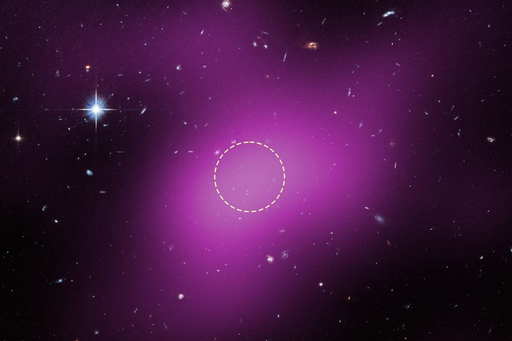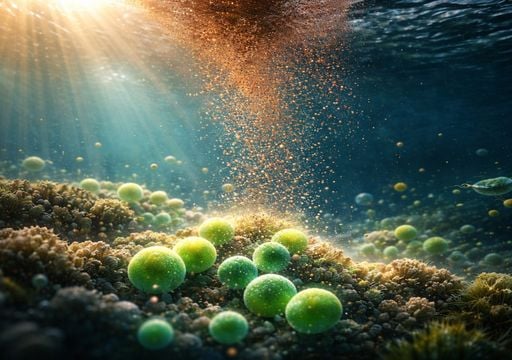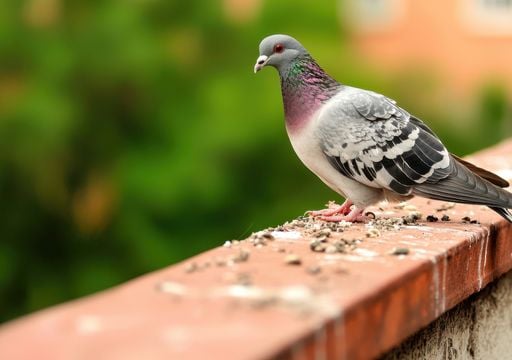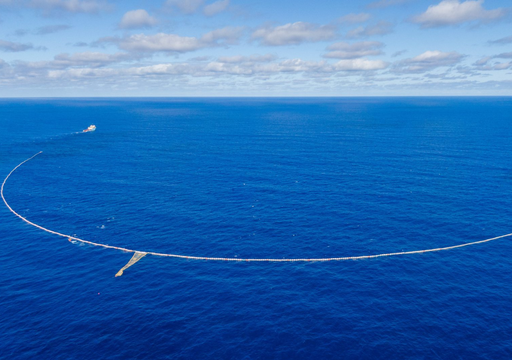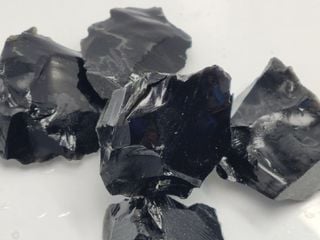Seasonal shift: Climate change causing a shift in seasons
Warmer and wetter winters are affecting when animals emerge from hibernation and negatively affecting crops; what can we expect from these shifting seasons?
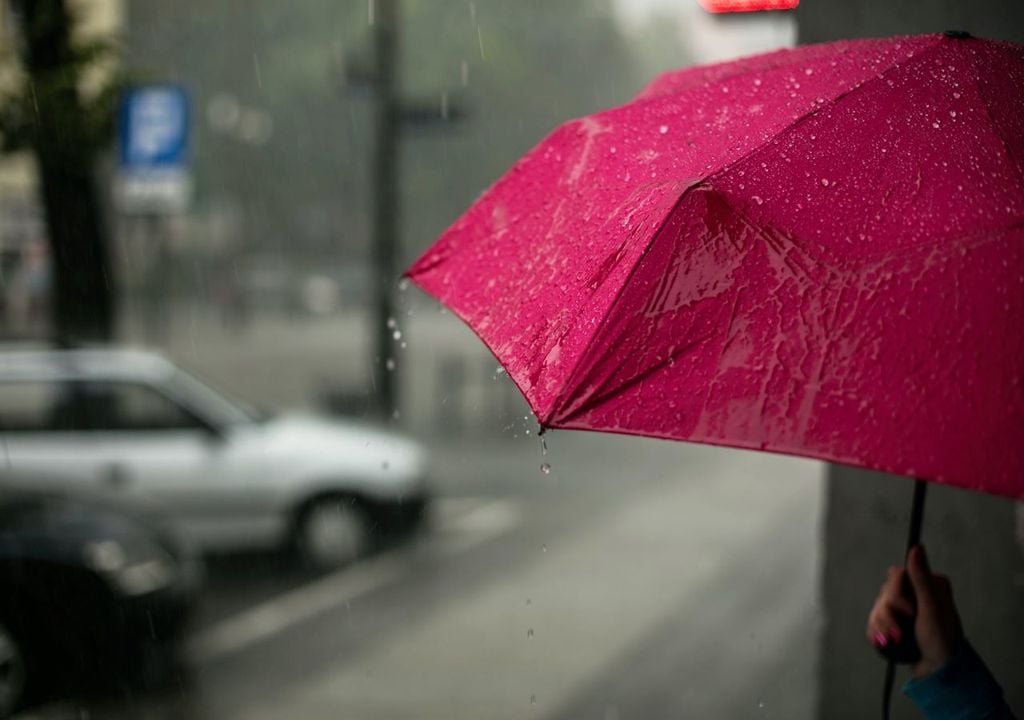
Climate change is causing a shift in the seasons, with warmer temperatures wreaking havoc on the crop growing season and the hibernation patterns of animals. Farmers and animals alike will have to adapt to the changing conditions, but it’s not all bad news; the shift is having a surprising positive effect on the UK’s grape production, meaning British champagne could soon rival the French market.
As we enter astronomical spring – which begins in March and ends in May – after an unusually warm winter, what can we expect?
Warm and wet
England and Wales have just experienced their warmest and wettest Februarys on record according to the Met Office. This unseasonable weather negatively affects animal and wildlife hibernation patterns, when buds flower, food prices, and much more.
“While we don’t have an exact idea of the weather this Spring will bring, many of the natural events that occur this season are influenced by weather conditions in the preceding months,” explains Professor Rosemary Collier, crop expert at the University of Warwick. “This includes the first flowering of plants such as daffodils and when particular tree species produce new leaves.”
Hibernating animals like hedgehogs and dormice, could emerge earlier due to warmer conditions and this could be detrimental especially if conditions later deteriorate or they are short of food.
Likewise, insect development is determined by temperatures, and warmer seasons may lead to the earlier emergence of some butterflies and bees, which may also face insufficient food supplies. For example, higher temperatures mean honeybees are more active in the hive over winter, and may reduce their food stores earlier, and starve if there are insufficient flowering plants for them in early Spring. This is why wildlife organisations recommend planting trees, shrubs, and early flowering plants to ensure nectar supply.
Professor Collier says: “Warmer springs may also lead to the earlier emergence of pest insects. This is a topic that we work on at the Crop Centre based at Warwick’s Innovation Campus, and we produce weather-based forecasts for growers to predict when a number of important pests of vegetable crops will be active.”
Warming trend
There is a clear warming trend for average UK winter temperature, which is expected to continue due to anthropogenic climate change. Five of the ten warmest winters on record have occurred in the last decade – 2014, 2016, 2020, 2022 and 2024 – and colder spells are expected to become less frequent and less severe. Its also predicted that winters will become wetter and summers will be drier, although there will be some natural variability.
Farmers will need to adapt to changing conditions, which may affect what they grow and how they manage their land; they also need to increase the breeding crops that are more resilient to future conditions.
“Crops that have been sown in the autumn are likely to develop faster as a result of warm winter conditions. However, warm winters aren’t a good thing for crop yield in some cases, for example certain fruit trees and bushes require a period of cold to maximise fruit set,” Collier says. “The big problem at the moment is that the ground is very wet, and in some cases flooded, so that new crops cannot be sown.”
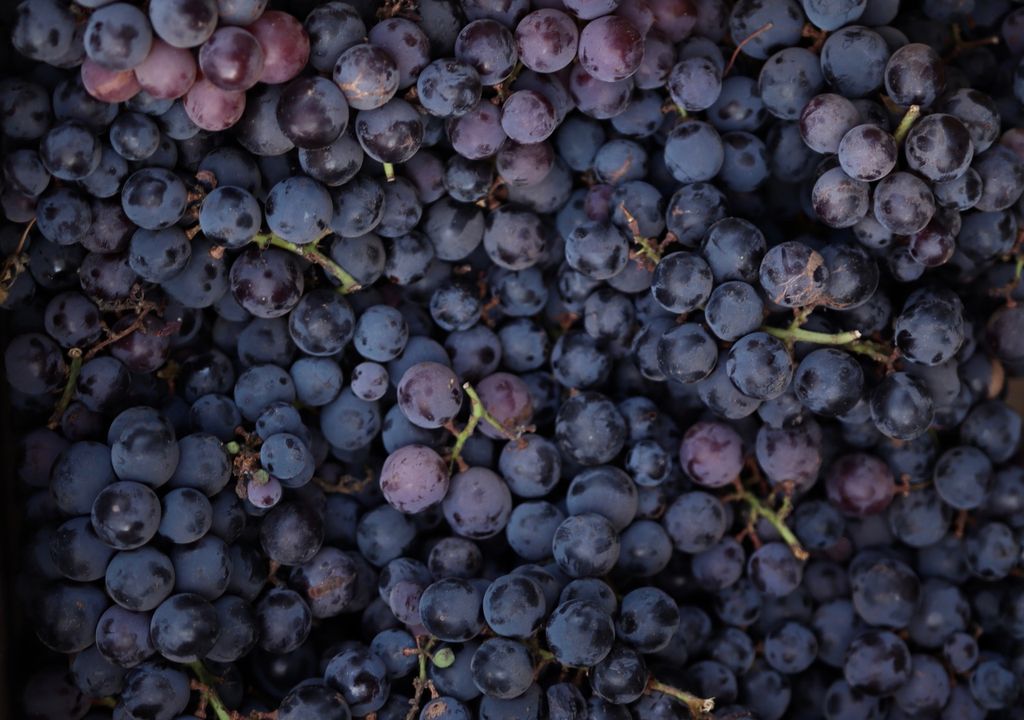
“It’s not just the UK that is affected,” adds Dr David Chandler, School of Life Sciences, University of Warwick. “Crop production in Spain – which is responsible for a lot of the supply of vegetable crops for northern Europe from Autumn, Winter, and Spring – is being badly affected by a long running drought combined with extreme weather events.”
And across the English Channel, French Champagne growers has been hard hit by climate change which has affected crop production, but in the UK, it’s had a positive impact leading experts to suggest the British climate will be more suitable than the climate in areas Champagne is typically produced in France.

